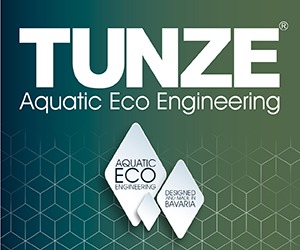Researchers from the University of Western Australia (Coral CoE) and the University of Queensland have found that coral colonies of Parapersis cylindrica can self-regulate the PH of their own internal calcifying fluids to combat the increase in thermal stress caused by global warming. “This is most likely only typical to corals from reefs such as Heron Island lagoon where temperature and pH fluctuations vary greatly on daily to seasonal basis. The next step in this research is to explore if P. cylindrica colonies from more stable environments also have the ability to adapt and if they too can ‘hold up’ to increased acidity,” says Georgiou. says lead author, Lucy Georgiou. 
These findings create a whole new approach to understanding the relation of calcifying coral to the far reaching effects of ocean acidification. Pictured here you’ll see how researchers implemented an innovative technology dubbed FOCE (Free Ocean Carbon Enrichment) that allowed them to study P. cylindrica colonies in their natural environment, and because the Heron Island lagoon undergoes dramatic daily and seasonal fluctuations in the acidity of its waters, it was a perfect place to implement their study. “Our research shows that some corals living in dynamic reef systems (P. cylindrica) have the ability to maintain a nearly constant pH within their calcifying fluid, regardless of the pH of the surrounding environment. This enables them to continue to form their calcium carbonate skeleton even under relatively low pH conditions.” The team plans to expand on their findings and “explore what impact rising sea temperature has on the corals ability to maintain its internal pH,” concludes Georgiou. Read the entire paper here!










0 Comments